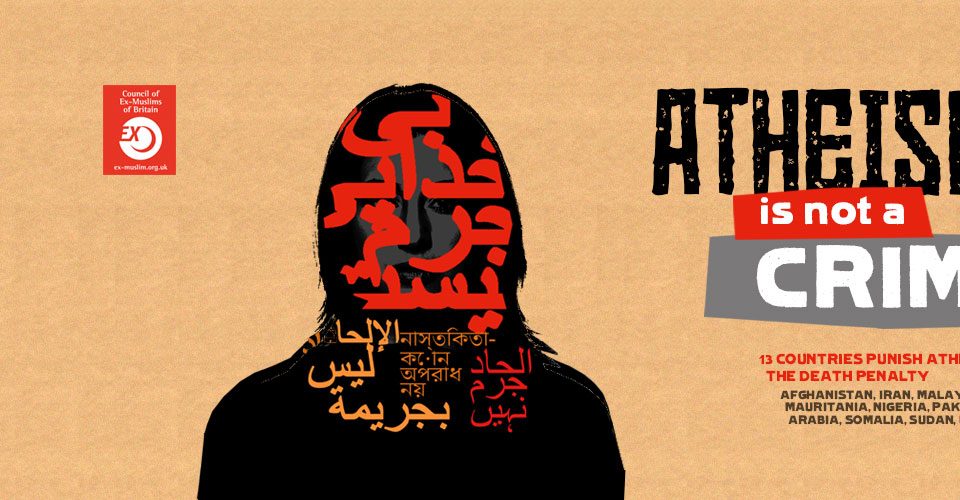In the aftermath of the Charlie Hebdo massacre, in which twelve members of the satirical magazine’s staff were murdered by Islamist gunmen, the mantra “Je suis Charlie” rapidly circulated around the globe. As is often the case in these situations, it wasn’t long before this mantra had congealed into a symbol of self-righteousness—an opportunity for “virtue signalling” by image conscious social media users. But the initial spark behind this message—the original meaning that seemed to evaporate through its endless reproduction—was important: solidarity should be shown with those who are murdered for mocking a religion.
To Critisize Islam
